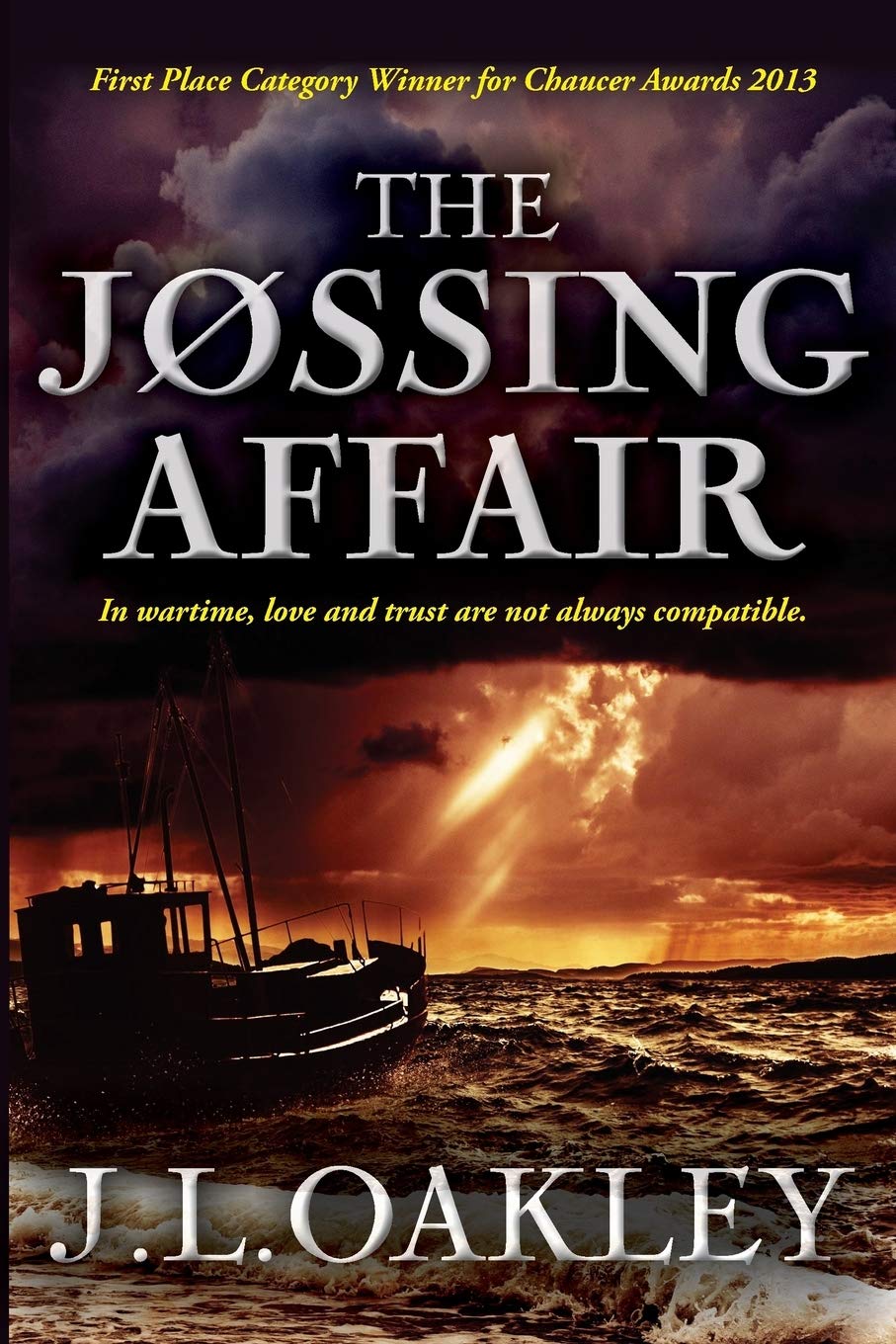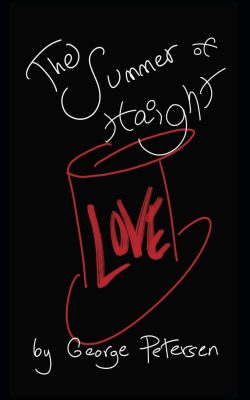|
Listen to or download this article:
|
 The Coen Brothers meet Garrison Keillor in Steven Mayfield’s quirky, offbeat, and often hilarious Delphic Oracle, U.S.A.
The Coen Brothers meet Garrison Keillor in Steven Mayfield’s quirky, offbeat, and often hilarious Delphic Oracle, U.S.A.
One June afternoon in 1925, seventeen-year-old Maggie Westinghouse, out walking alone as was her custom, comes upon a stranger in a railroad switch-house asleep on a pile of gunnysacks. Maggie, who has always stood a little apart from the town, has recently begun to experience visions that come upon her “in a leisurely way,” ending in a swoon and a restless sleep filled with exotic talk of which she later has no memory. No one knows what to make of it, but they soon will. After this afternoon’s chance encounter with July Pennybaker, a charming grifter on the lam, her world will never be the same. Neither will the town of Miagrammesto Station.
Eighty-nine years later, in the days leading up to and following the July 4th weekend, domestic dramas are playing out across Delphic Oracle, Nebraska (nee Miagrammesto Station).
Teddy Goodfellow, given to periodic fits of restlessness, has done a runner only days before the Fourth of July parade. Francis Wounded Arrow, attempting to change the battery in his nearly cherry 1929 Chevy pickup, has gotten his arm stuck and remains there at Peaseblossom Implement & Auto Parts throughout the afternoon, chatting nonchalantly with the various townsfolk, some of them family who wander by. Beagle Gibbs embarks upon his Religious Period and begins interviewing the different denominations in the town, to see which might suit.
When Teddy bolts, the town responds as it always does. They hold a pool, friends and neighbors, and family each predicting a date and time for his return. The countdown begins. When Francis holds court in Big Bob’s garage, pretending that nothing is amiss—and after he’s privately called upon the Great Father and several of the pantheon of Blessed Uncles to no avail—the entire Delphic Oracle Fire Department is galvanized into action and very nearly saves the day. And Beagle, after a tour of all that the different churches in town have to offer, loses his religious ardor in an unfortunate and rather painful mishap with a nail-gun on the roof of his mother’s house.
But what happens is only part of the fun. It’s how it all happens—the droll language, the turns of phrase, the reactions of the townspeople—that makes the story.
This is not a novel to be rushed. This is a novel for those who love tall tales, yarns, sitting on a summer evening on the wide porch, fanning against the heat, and passing the time telling stories. It’s a novel of reflection and escapade. A novel to be savored.
Structurally, the story is a twist of two timeframes, two narratives. In one, a story that began three generations in the past unfolds. In the other, a bustling town is brought to life through the concurrent stories of several members of the same extended family. The historical strand drives relentlessly forward, those two lives unfurling and intertwining, time passing. The contemporary strand ripples outward, taking in the town and its inhabitants in a luxurious and unhurried manner over a period that encompasses, in storytime, only a few weeks, but that covers, in reflective time, much more than that.
Time, too, is in a twist.
It sieves back and forth and collapses in on itself. The past informs the present; and the present (for us readers), the past. Most of our primary present-day characters, the ones we live with over the course of a few weeks in July and August of 2014, remain anchored solidly in time. But the many characters who move like constellations about those steady poles—those we often encounter plucked out of their own timelines—are typically out of sequence.
This is a novel where a child new to the world, a toddler wailing in a crib, is elsewhere in the tale of the grandfather, long deceased. The stalwart man remembered in the present as the founder of the town puts in an appearance in the past, sixty-odd years after that founding, as a doddering grandfather who’s soiled himself. Another of those long-ago individuals was the flesh and blood precursor to the decades-old human skeleton partially unearthed by Regretful Peasebottom’s dog in a nearby vacant lot two days before the parade.
The same events sometimes reappear from different perspectives, and we put the full stories together like puzzle pieces, fitting now a future piece, now a past. A prism-puzzle, these pieces twirl and refract the light off themselves and one another, until we understand that the story of one forms a part of the story of all and the story of all reaches into the story of each.
The effect is a fully fleshed-out town of long acquaintance, filled with people who seem to live and breathe on the page. The author becomes not so much a novelist, as through his narrator an amanuensis. And to spend time with this novel is not so much to read a story as to take up residence in the town for several madcap weeks, every bit at home as though, like the narrator, you’d never truly lived anywhere else.
Delphic Oracle U.S.A won Grand Prize in the 2022 CIBA Mark Twain Book Awards for Humor and Satire.











Leave A Comment